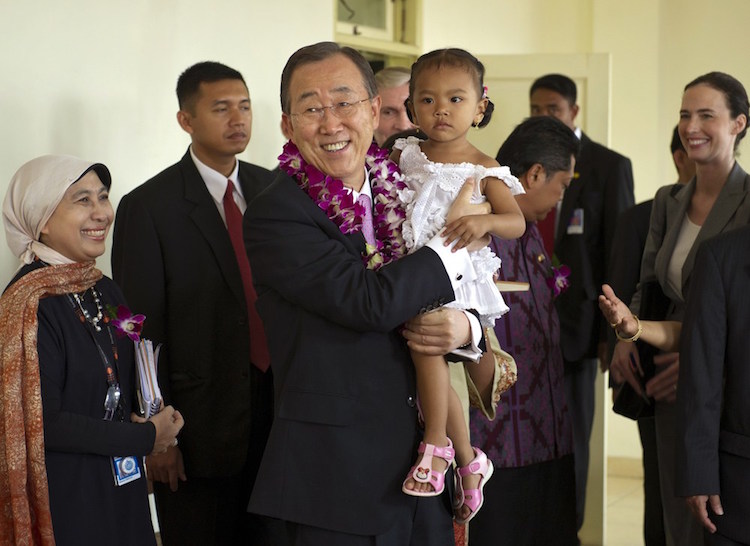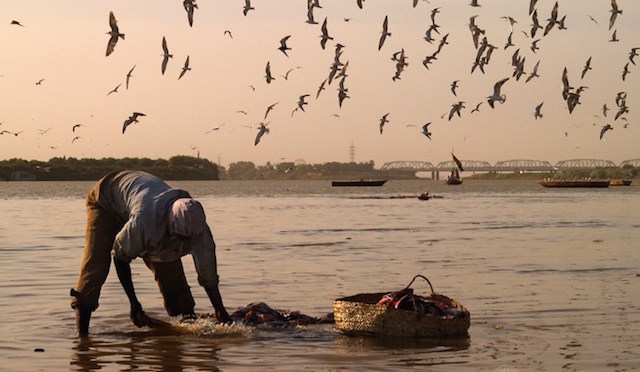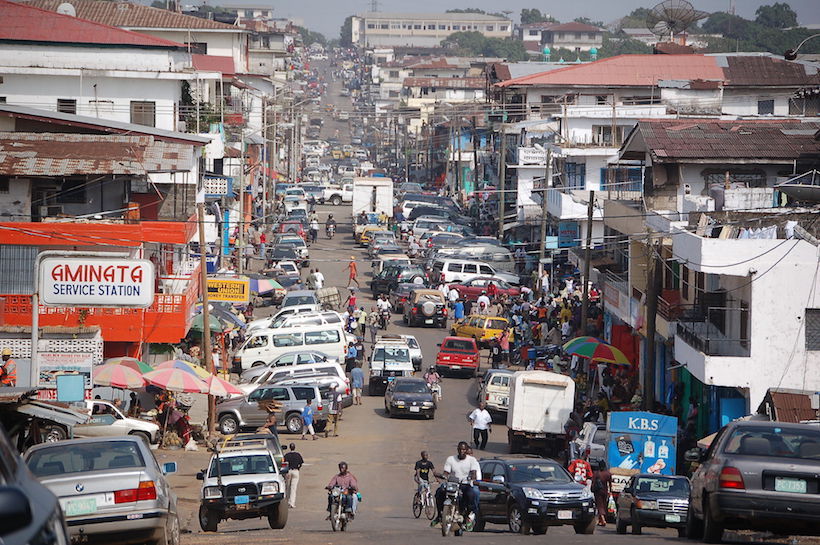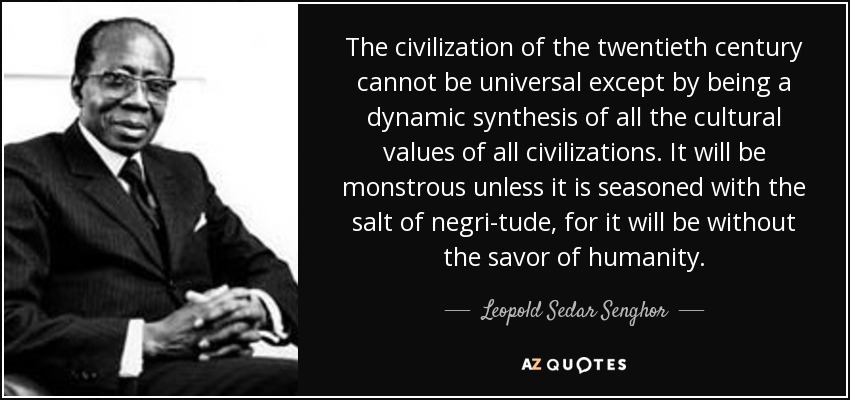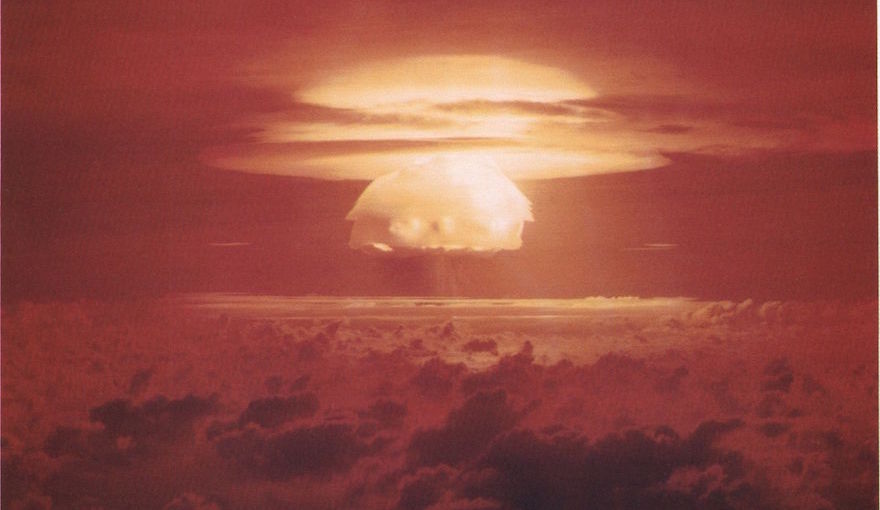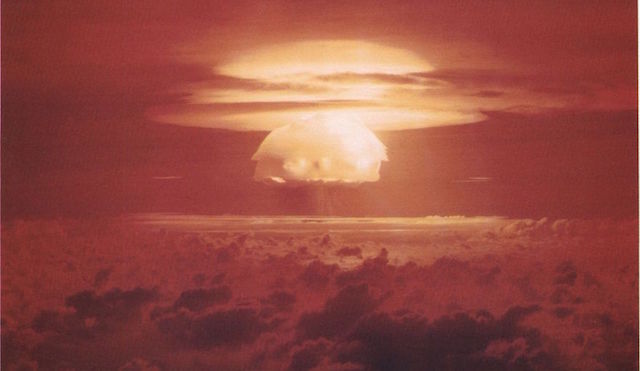By Ramesh Jaura
BERLIN | NEW YORK (IDN) – United Nations General Assembly President Mogens Lykketoft and Secretary-General Ban Ki-moon have expressed their support for choosing a woman as the next UN Chief.
Speaking on ‘women’s empowerment and its link to sustainable development’ at the opening of the sixtieth session of the Commission on the Status of Women (CSW) on March 14, Lykketoft said: “. . .the drive for Gender Equality has been the business of this Commission long before the Sustainable Development Goals (SDGs).
“And the empowerment of women and girls has been advanced by courageous feminists, women activists, government officials and others long before the 2030 Agenda was agreed.” So what exactly has changed since September 2015?

